As the UK marches towards its goal of a net-zero carbon future, millions of car owners face the prospect of scrapping their cars in favour of new electric vehicles. The production of new diesel and even petrol cars are set to be outlawed in the next decade. The taxes and other charges for driving non-electric cars are rising and will get even more prohibitive in upcoming years.
It’s easy to say just trade your car in for its eco-friendly electric counterpart, but what happens if you really like your old car? Several companies, such as Electric Classic Cars, have found the relatively obscure answer; electric car conversions.
Electric Classic Cars was founded by Richard Morgan (aka Moggy), who has owned, restored and raced classic cars since he was seventeen years old.
He has also worked in the energy efficiency industry for the past 20 years and has helped some of the world’s largest companies and organisations to reduce their carbon footprint.
This passion led to the desire to try and make them more eco-friendly and improve their reliability using the knowledge gained in the industry.
Founder Richard Morgan says: “When we started five years ago, we were one of the first companies to convert cars to electric. We are still the largest in the world, but now one new competitor pops up almost every month, which is great. We are inundated with enquiries, everyone from school teachers to millionaires.”
Ellie Goulding and her now-husband, Caspar Jopling, commissioned the team at Electric Classic Cars to convert a VW Campervan for them to drive off in on their wedding day. Richard and his team are now converting a Fiat 500 for actor Dev Patel.
They have now completed around 100 electric car conversions and have 18 more they are working on, one of which is a much-loved Mini.
As well as converting petrol and diesel cars, Electric Classic Cars sell conversion kits across the UK and internationally to buyers in the U.S., Canada and Australia. They also have a market in South Africa where large Land Rovers used for safari are being converted. This conversion makes the vehicles significantly quieter, which stops the wildlife from being scared away.
One of Richard Morgan’s first customers was a retired electronics engineer from Buckinghamshire. The proud owner of a Ferrari since 1992; the car had rarely left the garage in 10 years. Peter Brazier said, “Every time I got it out, it had something wrong with it, as is often the case with classic cars,” he says. ”And when I drove home, I would have to let it cool down on the driveway before I parked it in the garage because the exhaust was so hot and smelly it would stink out the house.”
“Now it’s completely reliable. I switch it on and it goes. I don’t miss the roaring sound of the engine because it drives so much faster and handles better.”
So How Do They Do It?
Another company, London Electric Cars, keeps their costs down by using old electric engines from Teslas and Nissan Leaf. This does a double whammy for the eco-friendy factor as it promotes recycling. Other companies recycle batteries from old laptops to power cars for city dwellers who don’t need the same range that the Tesla battery offers.
Fully charging an electric car is far cheaper than petrol; with the average cost of charging a 60kWh being about £9.20 This gives you about a 200-mile range. Car tax is free, and congestion charges non-existent! Maintenance costs are reduced, and fewer moving parts equals less chance of breakdown.
As well as these economic benefits, converting a car to electric will often improve the acceleration and increase the potential top speed of the vehicle. Engineers and mechanics can create a much better weight balance by putting the new batteries in the front and rear of the vehicle, which improves driveability.
The majority of customers are looking to convert their existing classic diesel or petrol vehicle to electric; some just want something more interesting than what they have in their standard modern car.
Research shows that a higher number of younger people, in their 30’s and 40’s, want to own a classic but don’t want the stress and worry of maintaining it. They can choose to convert these stunning classic beauties to electric, making the car easier to drive and helping the environment as they go along.
Electric car conversions are not without cost implications, but certainly, if you are looking for a way to continue to enjoy your prized vintage vehicle, it’s a great option to look into.


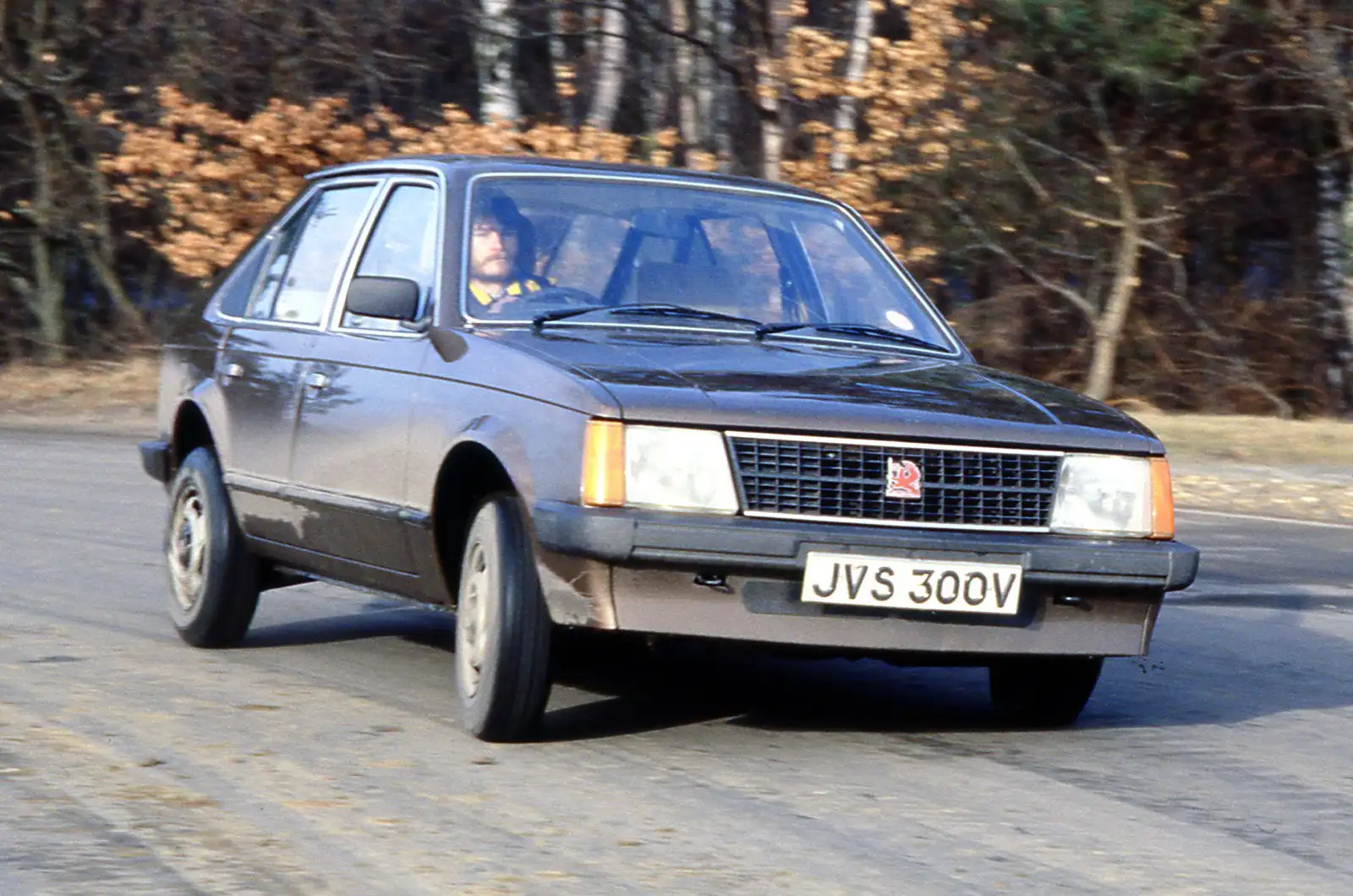
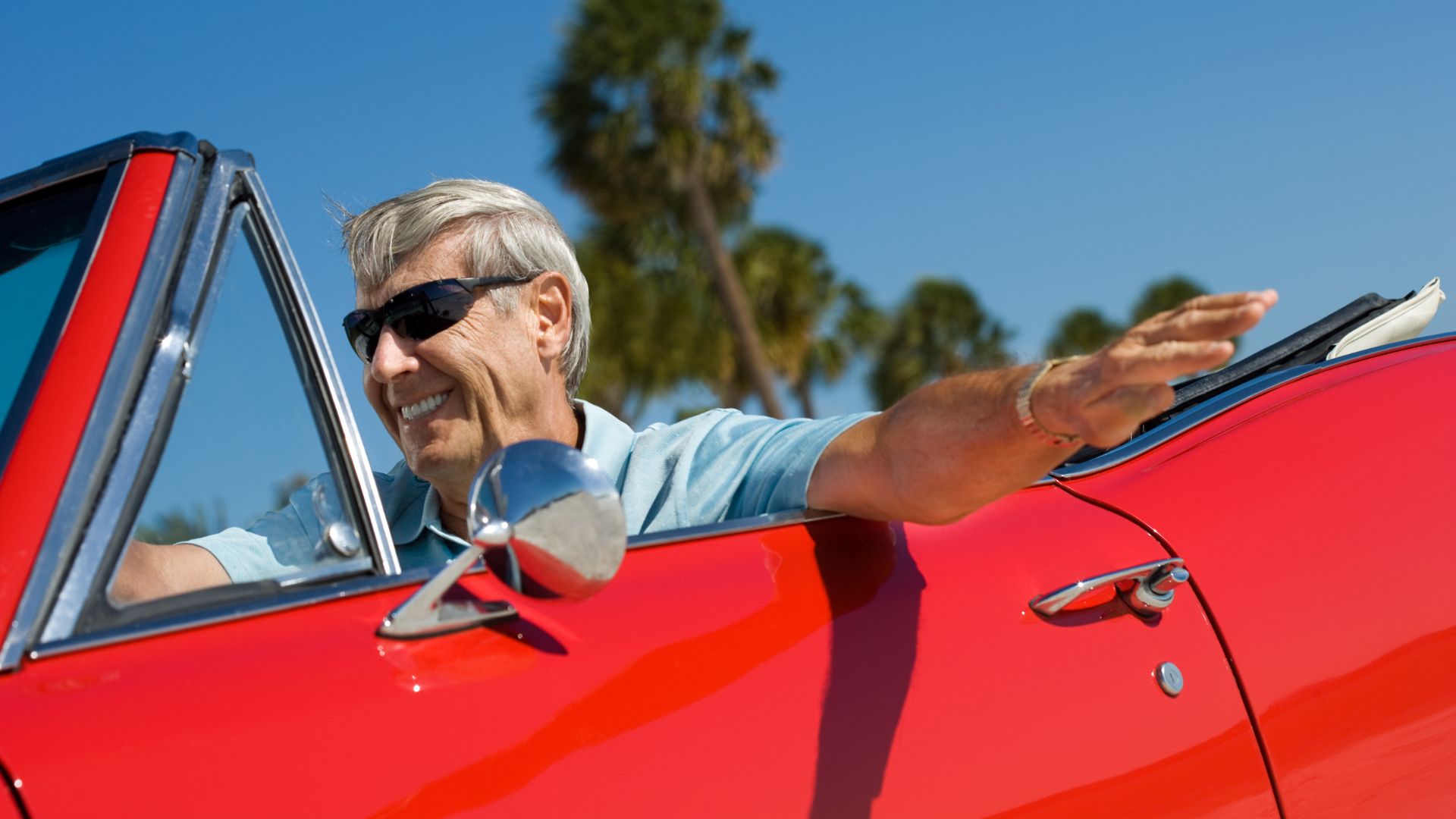
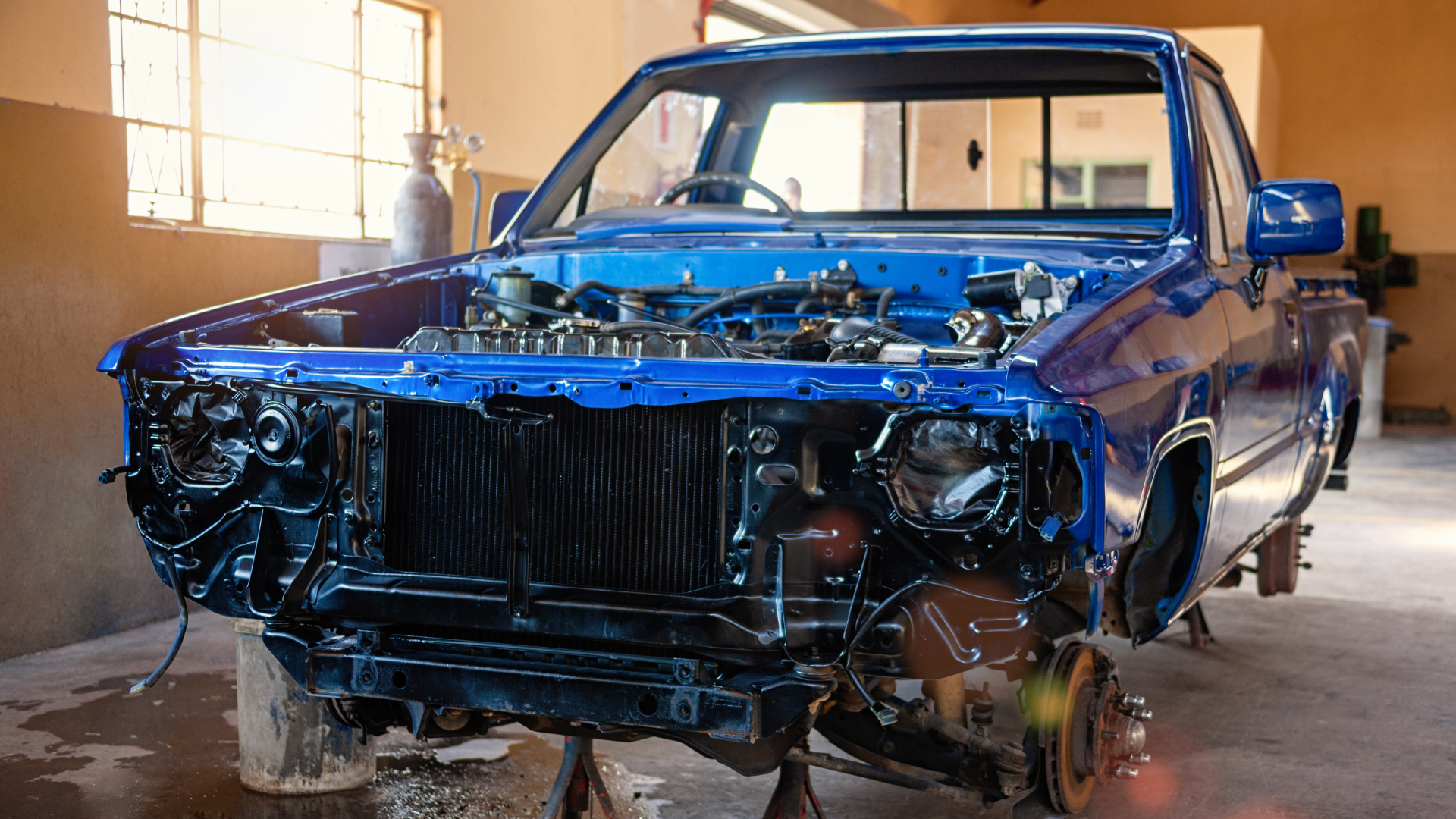
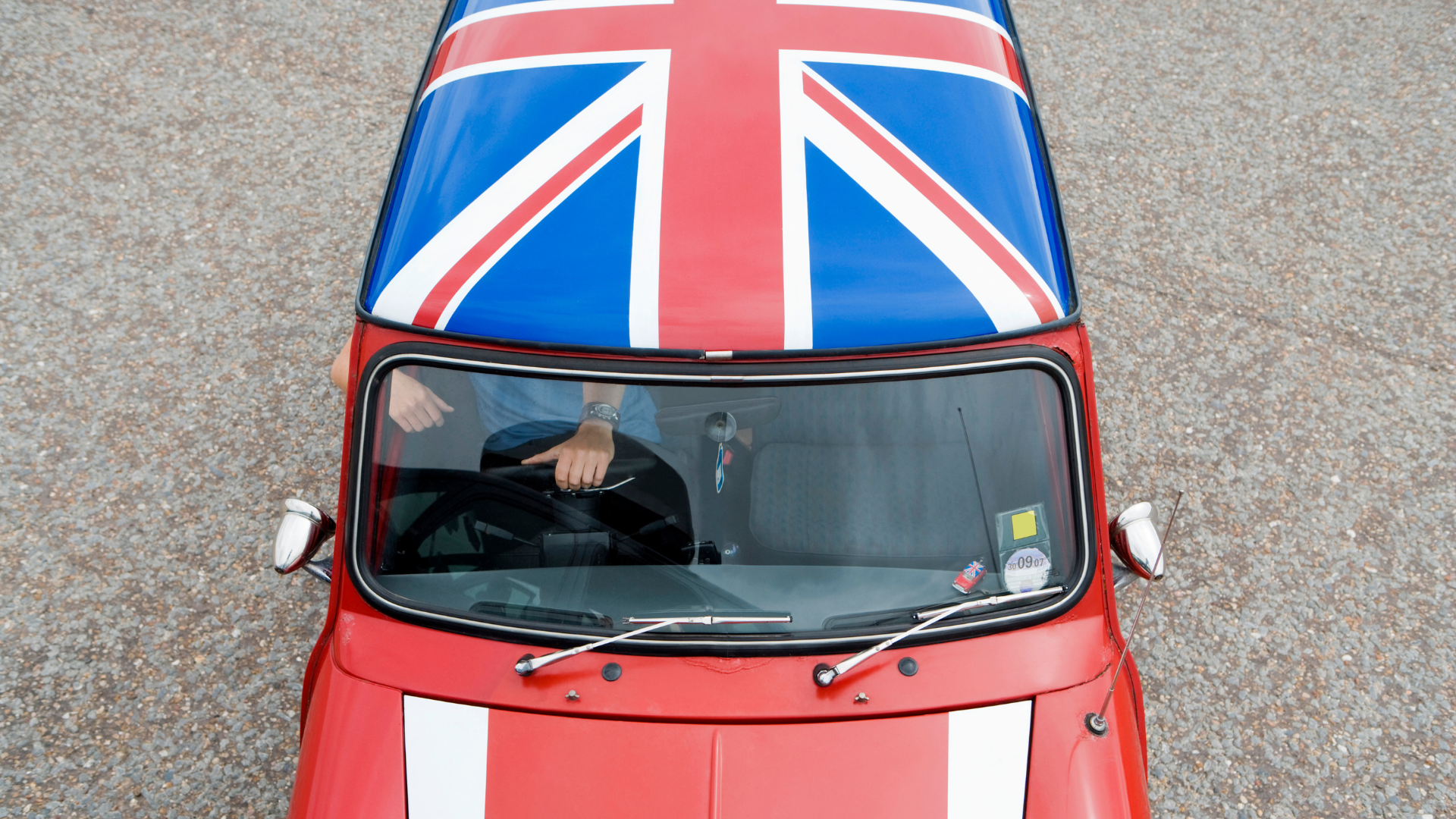
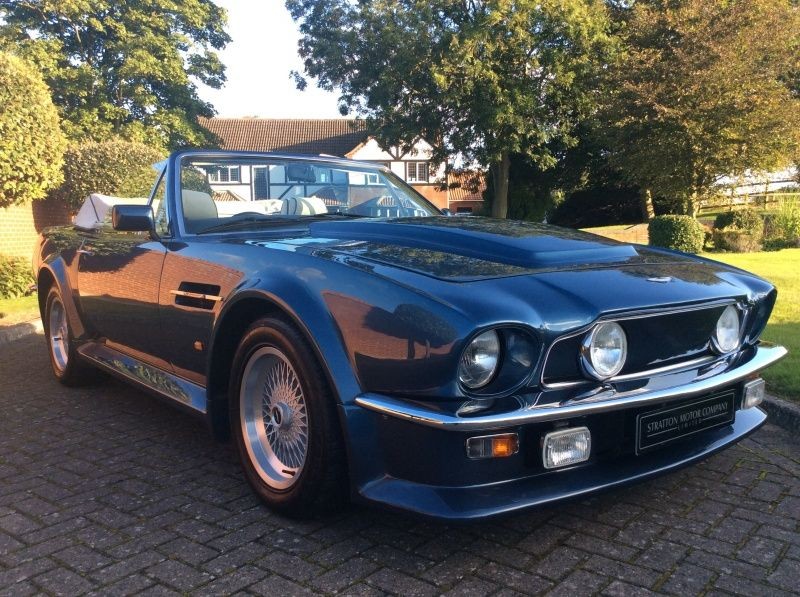
Leave A Comment